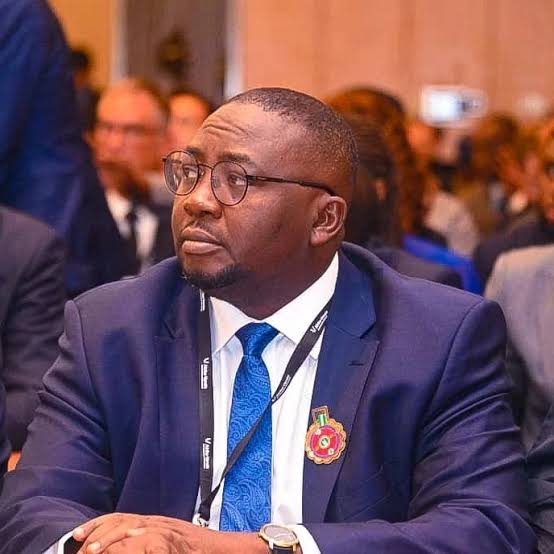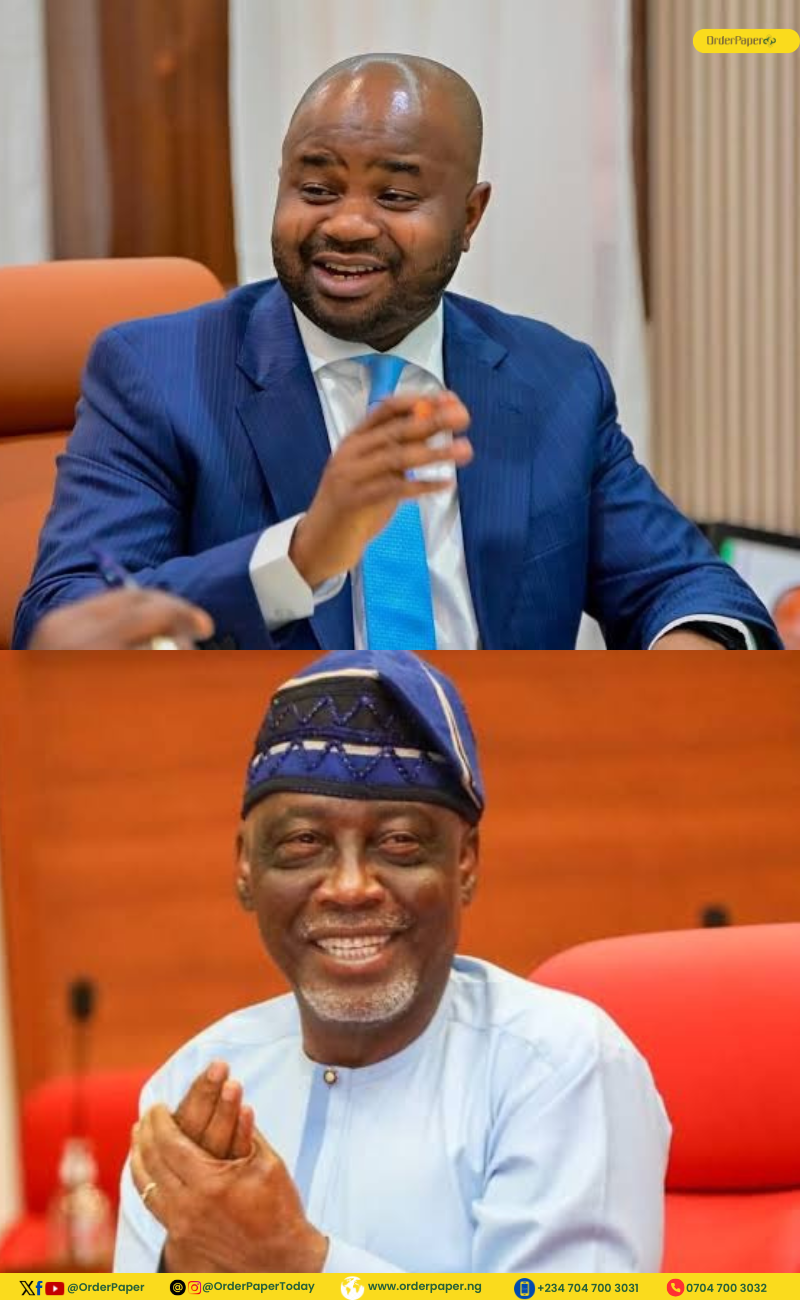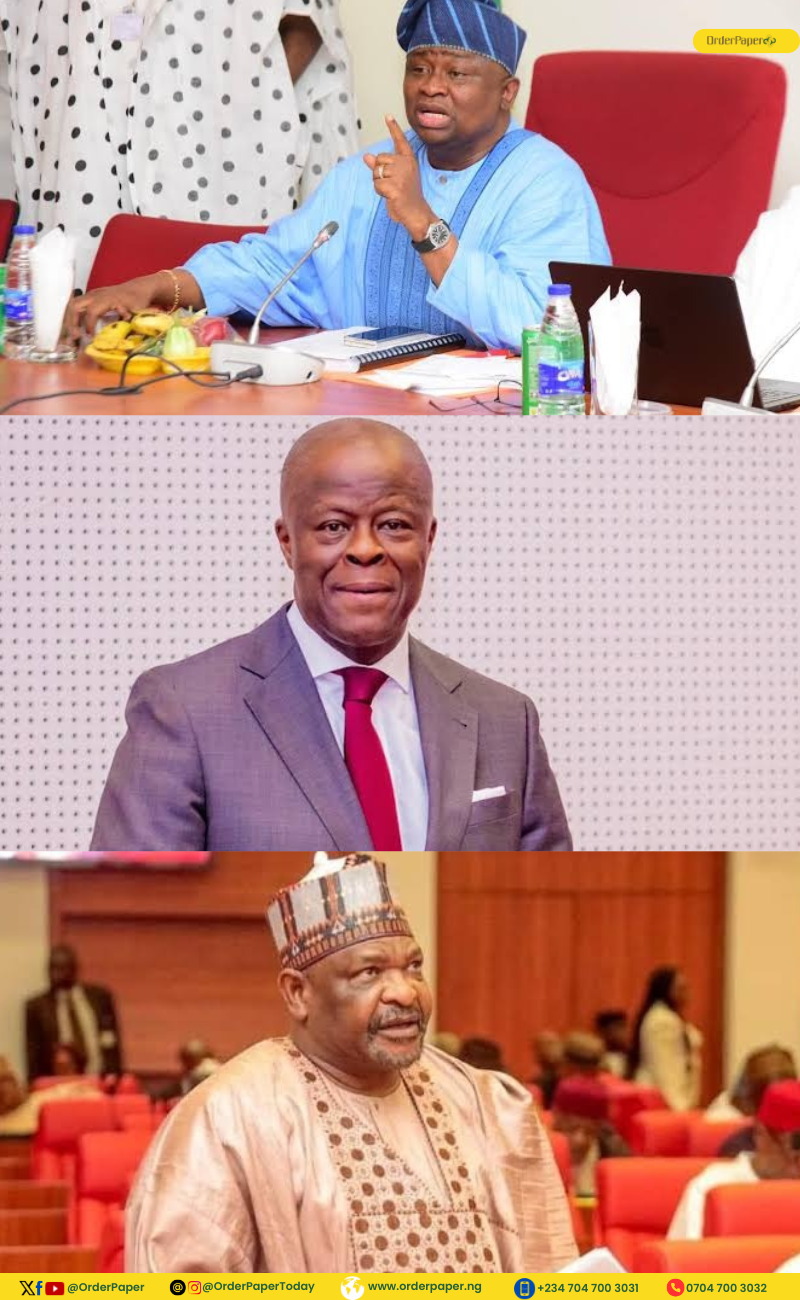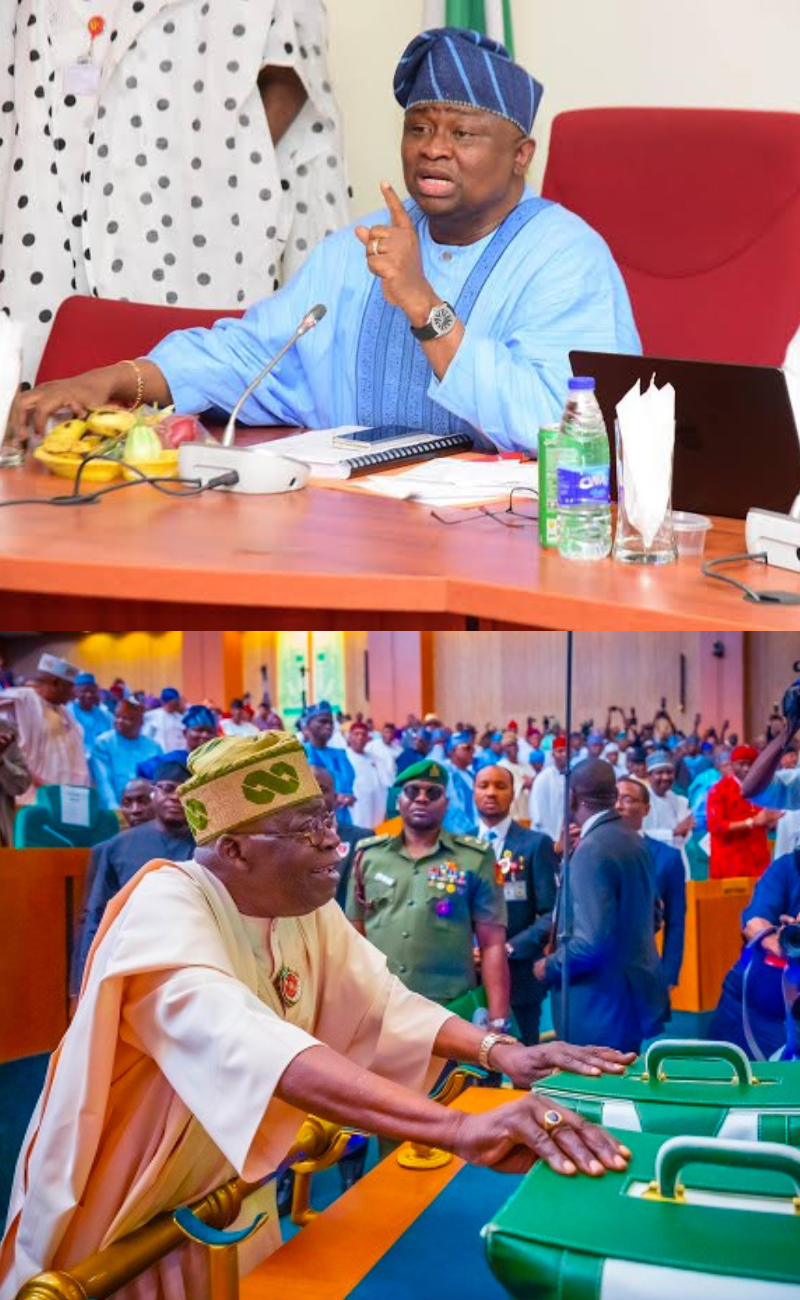While efforts are underway to stabilise the grid, Adelabu admitted that the collapse can only be managed until necessary funds are provided.

Minister of power, Bayo Adelabu has painted a mixed picture of progress and persistent challenges in Nigeria’s power sector detailing the complexities surrounding the national grid collapses experienced in 2024, funding shortfalls, and the pressing need for investment to achieve sustainable energy security.
Adelabu said these when he appeared before the senate committee on power chaired by Sen. Enyinnaya Abaribe (APGA, Abia south) for the 2025 budget defence on Monday.
Speaking on the state of Nigeria’s electricity grid and providing insights into challenges, progress, and strategies for improvement in 2025, he revealed that the national grid suffered eight collapses in 2024, with five classified as full collapses and three as partial. He attributed three of the full collapses to generation issues and two to vandalism. While efforts are underway to stabilise the grid, he admitted, “We cannot assure that the grid will not collapse again. What we can do now is to manage it.”
According to him, in order to combat vandalism, the ministry is collaborating with security agencies to prevent further sabotage. He also noted that funding deficits remain a pressing issue, hindering the sector’s ability to address critical challenges. Adelabu called for increased investment to boost energy security, noting, “We need to pump funds into it.”
Energy access and generation improvements
Adelabu highlighted significant progress in energy access and generation capacity during 2024. He stressed that energy access improved by 5 percent, increasing from 59 in 2023 to 65 percent by the end of 2024.
He said, “Our focus during this 2024 project was more on energy access expansion. As we know, quite a huge number of Nigerians still lack access to electricity. As of the last time we were taking this job up, we had about 41 percent of Nigerians who lack access to electricity, that is 22 million people estimated and that was at the end of 2023, that is about 59 percent of energy access. But I’m happy to inform you that during 2024, with the programs of the ministry and its agencies, we were able to establish that the energy access has moved by 5 percent by the end of 2023 to 65 percent by the end of 2024 and this is the result of the combination of grid access expansion and increase in the volume of activities in renewable energy space.”
He mentioned that power generation also grew by 30 percent, with peak generation rising from 4,100 MW in 2023 to 5,528 MW in 2024. The minister attributed this improvement to the addition of the 700 MW Zungeru hydroelectric dam and enhanced performance at other hydro and thermal plants, including Shiroro and Kainji.
READ ALSO: Senate kick against electricity hike, as Adelabu predicts looming darkness
Commitment to the Renewed Hope Agenda
Adelabu emphasised the government’s commitment to delivering stable, reliable, and affordable electricity under President Bola Tinubu’s “Renewed Hope” agenda. He described the 2024 power sector budget as the largest in the ministry’s history, underscoring its importance to national development.
Despite these strides, Adelabu acknowledged that debts to generation companies continue to impact their operations, urging for more reasonable and consistent funding to address these liabilities.
He also emphasised the need for substantial upgrades to stabilise electricity supply and reduce frequent outages.
Meanwhile, a cross section of lawmakers expressed their concerns to the minister about the recent electricity outages across the country. Many shared personal experiences of using personal funds to purchase transformers and fix cables in their constituencies and residence. This, they argued, underscores the need for a more sustainable and systemic approach to resolving Nigeria’s electricity challenges.
In response, Adelabu reaffirmed the government’s commitment to revamping the national grid, contingent upon the approval of a N2trn 2025 budget proposal.
He highlighted plans for a super grid and regional grids to decentralise power distribution, aiming for a more resilient infrastructure.
He expressed optimism that these initiatives would significantly enhance the reliability of Nigeria’s electricity supply once implemented.



